General
Gbinyiri clash: Over 13,000 Ghanaians now refugees in Côte d’Ivoire — Muntaka
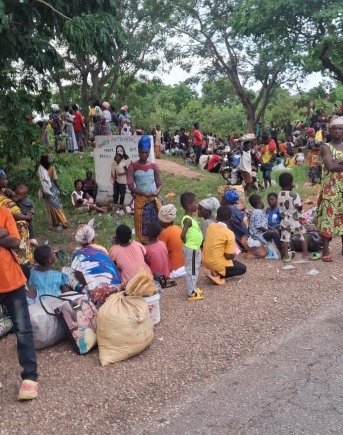
Minister for the Interior, Muntaka Mubarak, has said that more than 13,000 Ghanaians have fled across the border into Côte d’Ivoire following the Gbiniyiri land dispute.
Speaking on Joy FM’s Super Morning Show on Thursday, September 4, the minister revealed the latest figures from Ivorian authorities.
“As of yesterday, working with the Ivorian authorities, we can confirm that about 13,000 individuals are in Côte d’Ivoire. The exact number communicated to us by the government is 13,253,” he said.
Mr Mubarak explained that the violence has displaced people across four regions, with some remaining internally displaced in Upper West and Savannah, while many others fled across the border.
“We have displaced persons across about four regions… some substantial number also crossed the river. If you know the terrain very well, it has a border community with Côte d’Ivoire,” he added.
The minister assured that the government, local assemblies, and international partners are working to support those affected.
“We are supporting them the best that we can, and let me take this opportunity to also thank the government of Côte d’Ivoire for the support that they are giving us in the cooperation, and then the UNHCR for their support,” he noted.
He also praised Ghana’s security services for their role.
“My special thanks goes to them because, believe me, they have been oversweat. We thank them so much for the sacrifice that they are making. We don’t take their sacrifices lightly. We know they are doing the best that they can to keep our country safe,” he said.
The minister said the government has been engaging traditional leaders and the Peace Council to restore calm.
“This morning, the delegation of the Gonjaland leadership with the peace council is meeting the Yagbonwura. And I’m very optimistic about the way we are working. Hopefully by tomorrow or at least by Monday, we are setting up a committee to investigate all this and then come out with a report on how best we can avoid this from recurring,” he stated.
He added that authorities were considering allowing displaced families to return home soon, once conditions were safe.
“Once we sit at the committee and today’s meeting with Yagbonwura concludes very well, we may be able to announce for all the displaced persons to return to their home because this farming season. Many of them left their animals, their farms, and all those are left unattended. If we don’t resolve this quickly, it will lead to a lot of food insecurity in that area,” the Minister warned.
Business
SongbirdCEO is the Master BRAIN behind Kwaku Ne Akua Foundation.
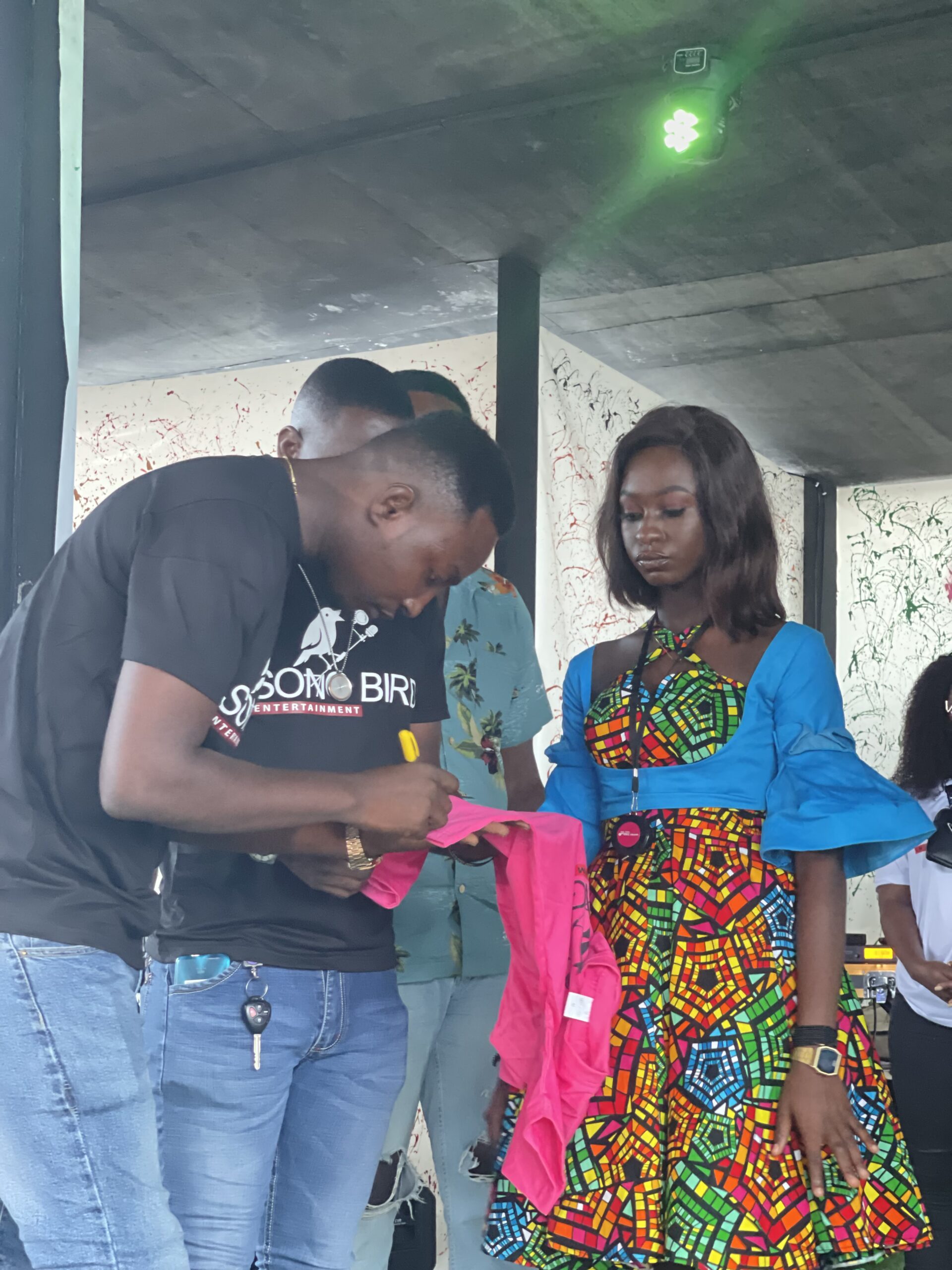
Kwaku ne Akua Foundation
The Kwaku ne Akua Foundation is a non-governmental organization (NGO) dedicated to creating positive change through charitable initiatives. We are built on the powerful principle of collective action, fueled by the generous donations and contributions of our dedicated members. Our work is made possible by a vibrant and passionate network of volunteers committed to making a tangible difference in our communities.
To identify and address critical needs within our communities by mobilizing resources and volunteers. We provide support, hope, and opportunity to the vulnerable and underserved through targeted charitable programs and donations.
The Visionary:
The brain behind this beautiful project is Mr. George Lariba Azure, the esteemed CEO of Songbird Entertainment Limited. His vision extends beyond the world of entertainment, driven by a deep-seated passion for social responsibility and a commitment to giving back. Mr. Azure founded the Kwaku ne Akua Foundation to create a structured, sustainable channel for compassion, uniting people for a common, charitable cause.
What We Do:
- Organized Charity Drives:We mobilize our network to collect and distribute essential resources, including food, clothing, educational materials, and medical supplies.
- Member-Funded Support:The foundation operates on the generous financial contributions of its members, ensuring that every donation directly supports our charitable causes.
- Volunteer-Led Initiatives:Our volunteer group is the backbone of our operation, contributing their time, skills, and energy to bring our projects to life.
- Community Partnerships:We collaborate with local communities to identify their most pressing needs and ensure our support is both effective and respectful.

Our Name: “Kwaku ne Akua”
The name, rooted in Ghanaian culture, symbolizes universality and shared humanity. “Kwaku” and “Akua” (common names for children born on Wednesday ) represent every man and woman. It signifies that our foundation is for everyone, by everyone, and that our strength lies in our unity.
Join Us:
We believe that together, we can achieve more. You can be a part of this beautiful project by:
- Becoming a Contributing Member
- Joining our Volunteer Group
- Partnering with Us
For more information on how to get involved, please contact us.
Contact Information:
[Tel;+233266200900 ,Email.songbirdafrica@gmail.com,songbirdghana@gmail.com]
SongbirdCEO is the Master BRAIN behind Kwaku Ne Akua Foundation.
Business
We must consider the strategic rehabilitation and employment of arrested cybercriminals.
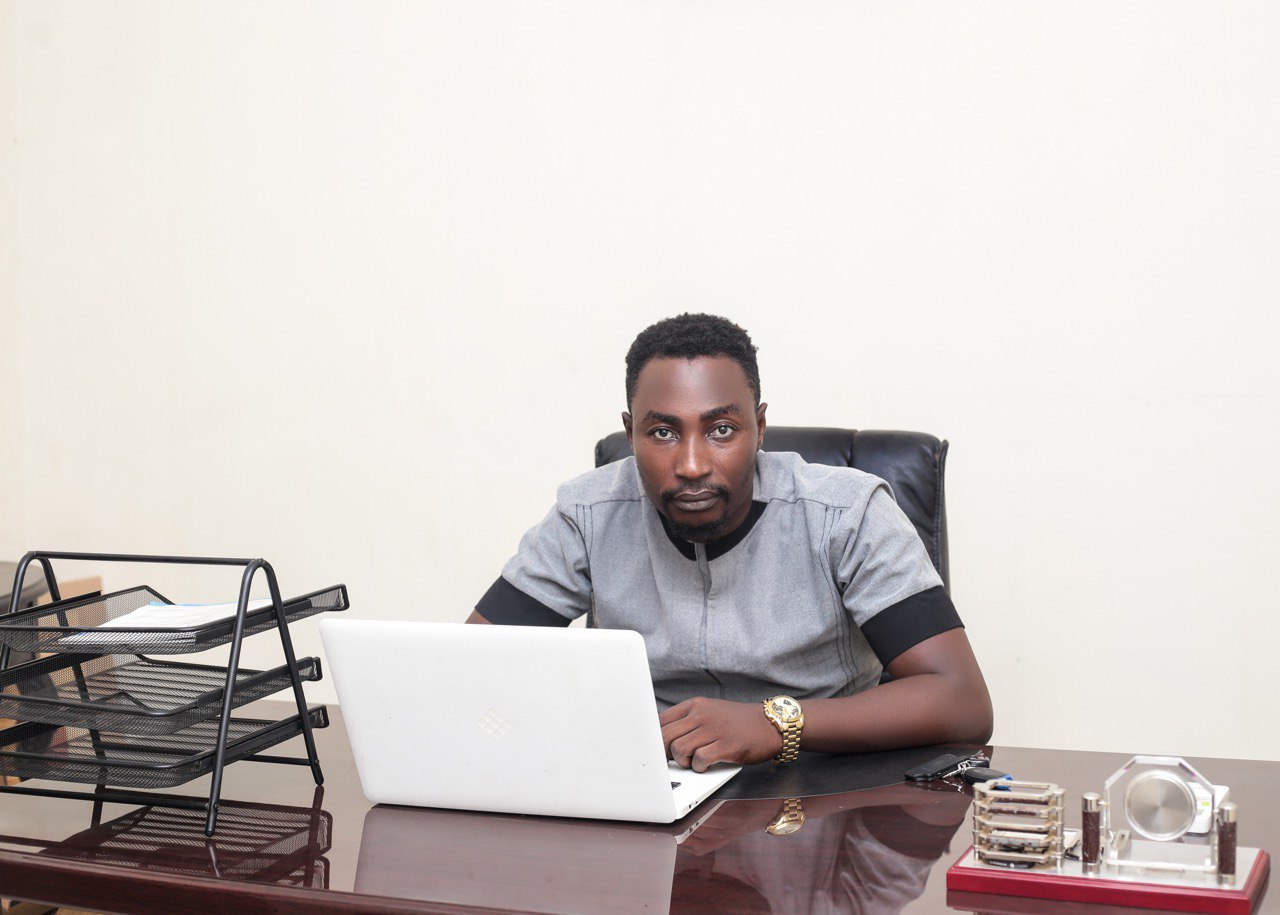
 This month, as we officially launch National Cybersecurity Awareness Month, we unite under a common banner: to build a safer, more secure digital Ghana. We’ll hear about strong passwords, two-factor authentication, and the importance of updating our software. These are the essential foundations, the “hygiene” of the digital world.
This month, as we officially launch National Cybersecurity Awareness Month, we unite under a common banner: to build a safer, more secure digital Ghana. We’ll hear about strong passwords, two-factor authentication, and the importance of updating our software. These are the essential foundations, the “hygiene” of the digital world.
But today, let’s talk about something more radical. Let’s talk about the elephant in the server room.
There’s an old saying in security circles: “To catch a thief, you think like a thief.” In the cyber realm, this adage reaches its zenith. The most formidable cybercriminals—the ones our dedicated agencies work tirelessly to apprehend—don’t just think like thieves. They possess a deep, intuitive, and often unparalleled understanding of the digital vulnerabilities they exploit.
When these individuals are arrested, a critical question emerges: What do we do with this concentrated talent? Do we simply lock away their potential, or do we dare to do something transformative?
We must consider the strategic rehabilitation and employment of arrested cybercriminals.
Before you dismiss this as reckless, consider the precedent. In the world of ethical hacking, the most sought-after professionals are often those who can deconstruct a system with the same creativity and ruthlessness as a malicious actor. They know the backdoors because they’ve built them. They understand social engineering because they’ve perfected the art of the manipulative phone call or email.
just awareness, but also innovation. Let’s champion the traditional messages of caution, but let’s also dare to have courageous conversations about how we build an unbreachable digital Ghana.
The minds that have challenged our systems could be the very ones to fortify them. The question is, are we ready to offer a second chance in exchange for a safer future for all?
Let’s use this month to start the conversation.
Join the Dialogue.
What are your thoughts? Can rehabilitation work in our cybersecurity strategy? Share your views using the hashtag #GhanaCyberFuture.
Together, let’s build a Ghana that is not only digitally enabled but also digitally empowered and secure.
General
More media coverage of Gbenyiri conflict important – Barker-Vormawor
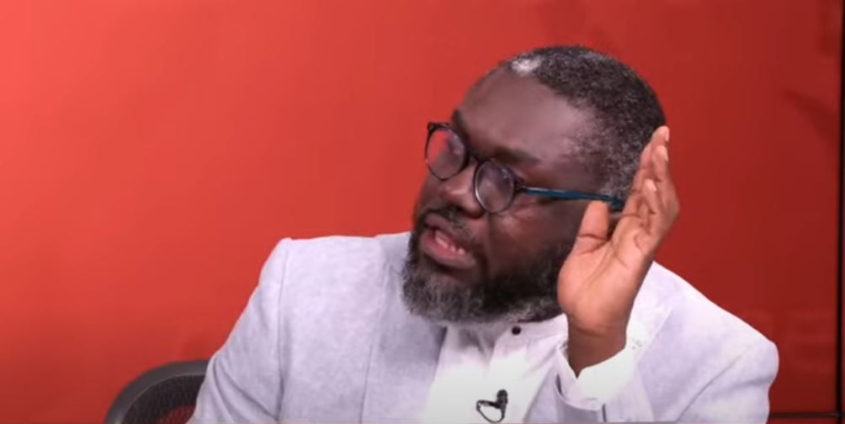
Legal practitioner Oliver Barker-Vormawor has questioned why the violence in Gbeniyiri has received so little media attention compared to incidents in other parts of the country.
Speaking on Newsfile on JoyNews, Barker-Vormawor lamented what he called a “partitioning of empathy” regarding the fatal land clashes in public discourse.
He observed that while at least 31 people have been killed and more than 48,000 displaced from 12 communities, the national spotlight has been overwhelmingly consumed by the Akwatia by-election.
“I am also concerned about how we petition our humanity and empathy towards reportage of issues generally. And I’ve noticed, I mean, again, it’s a, it’s a, it’s a, perhaps a long historical thing in terms of how we cover the northern part of the country, the way in which we create sympathy and empathy around issues that affect certain areas, it goes all the way down,” he said.
-

 Health3 months ago
Health3 months agoMilitary Need to Step In to Solve Ghana’s Sanitation Crisis.
-
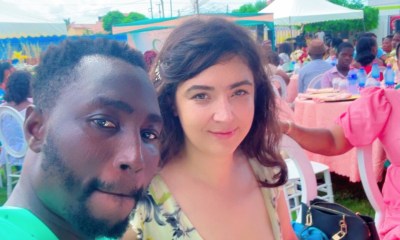
 Entertainment3 months ago
Entertainment3 months agoGeorge and Kat are getting married.
-
Business2 months ago
António Caramelo Raposo: Driving Growth in Ghana’s Cashew Industry
-

 Entertainment3 months ago
Entertainment3 months agoGeorge and Kat memories pictures.
-

 General2 months ago
General2 months agoInfrastructure collapse Ghana:Ghana’s Climate Emergency
-

 Entertainment2 months ago
Entertainment2 months agoGhana Highlife Era is gone for Good.
-

 Uncategorized2 months ago
Uncategorized2 months agoBreaking News | A Nation in Mourning!!😭😭😭
-

 Entertainment2 months ago
Entertainment2 months agoReasons the White Bird known as Cattle Egret Follows the Cow







